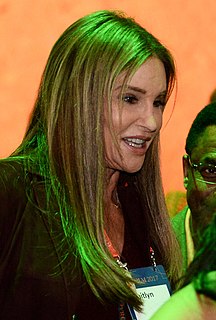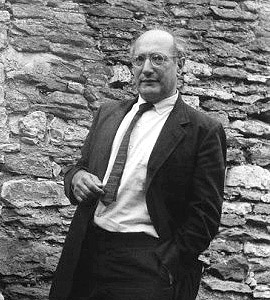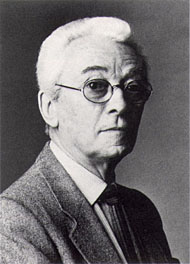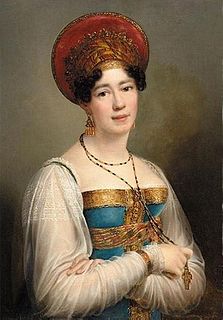A Quote by Max Ernst
The artist is a spectator, indifferent or impassioned, at the birth of his work, and observes the phases of its development.
Quote Topics
Related Quotes
A champion plays the game; a spectator observes, criticizes and never really gets to live. A champion knows what he or she wants and goes after it with carefully calculated goals and no-holds-barred action. A spectator feels that his or her life is not their own. They let others dictate their destiny. They become victims of life instead of masters of it.
The artist seeks contact with his intuitive sense of the gods, but in order to create his work, he cannot stay in this seductive and incorporeal realm. He must return to the material world in order to do his work. It's the artist's responsibility to balance mystical communication and the labor of creation.
It is with art as with love: How can a man of the world,with all his distractions, keep the inwardness which an artist must possess if he hopes to attain perfection? That inwardness which the spectator must share if he is to understand the work as the artist wishes and hopes... Believe me, talents are like virtues; either you must love them for their own sake or renounce them altogether. And they are only recognized and rewarded when we have practised them in secret, like a dangerous mystery."






































